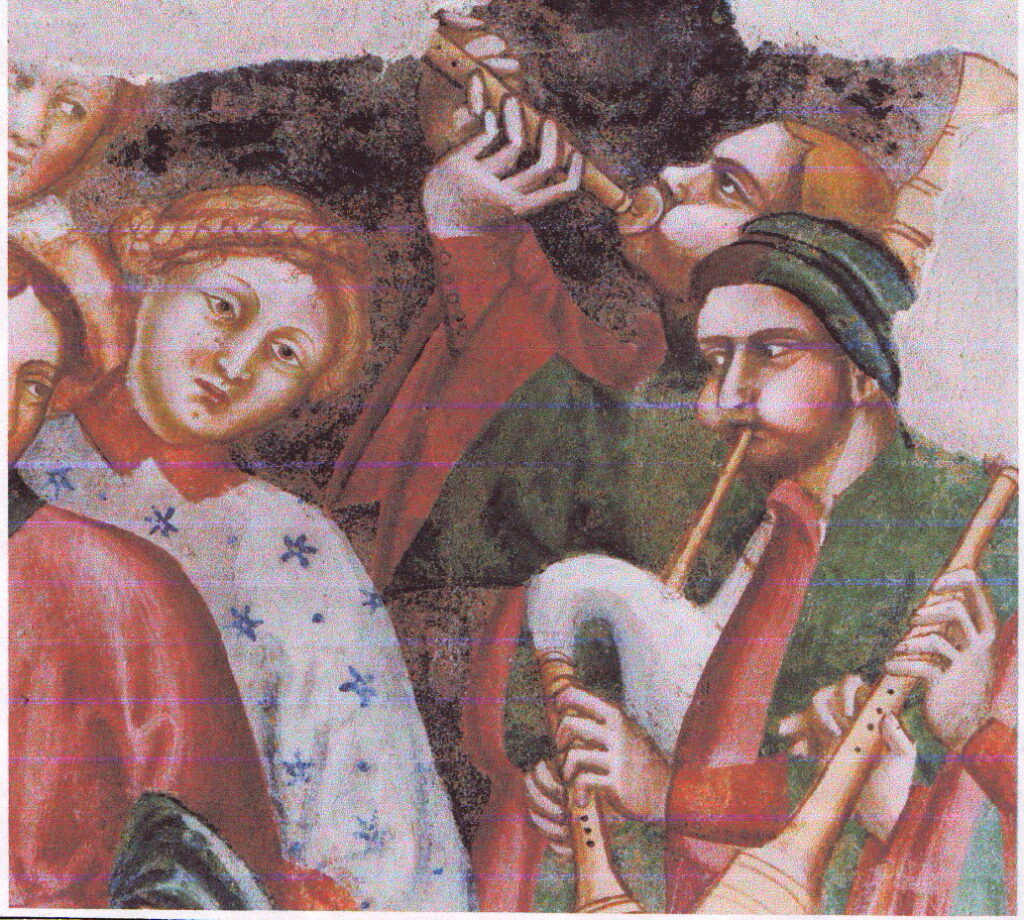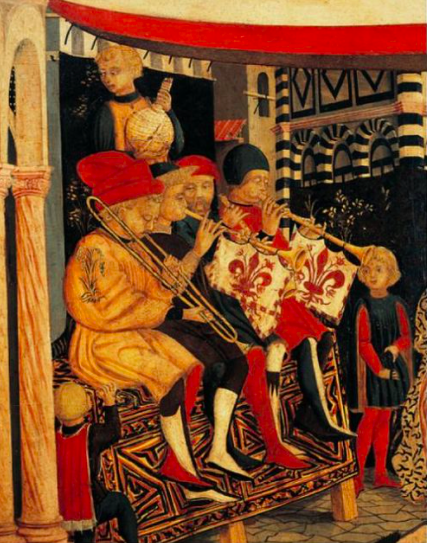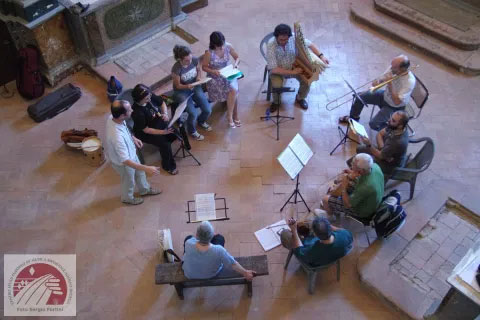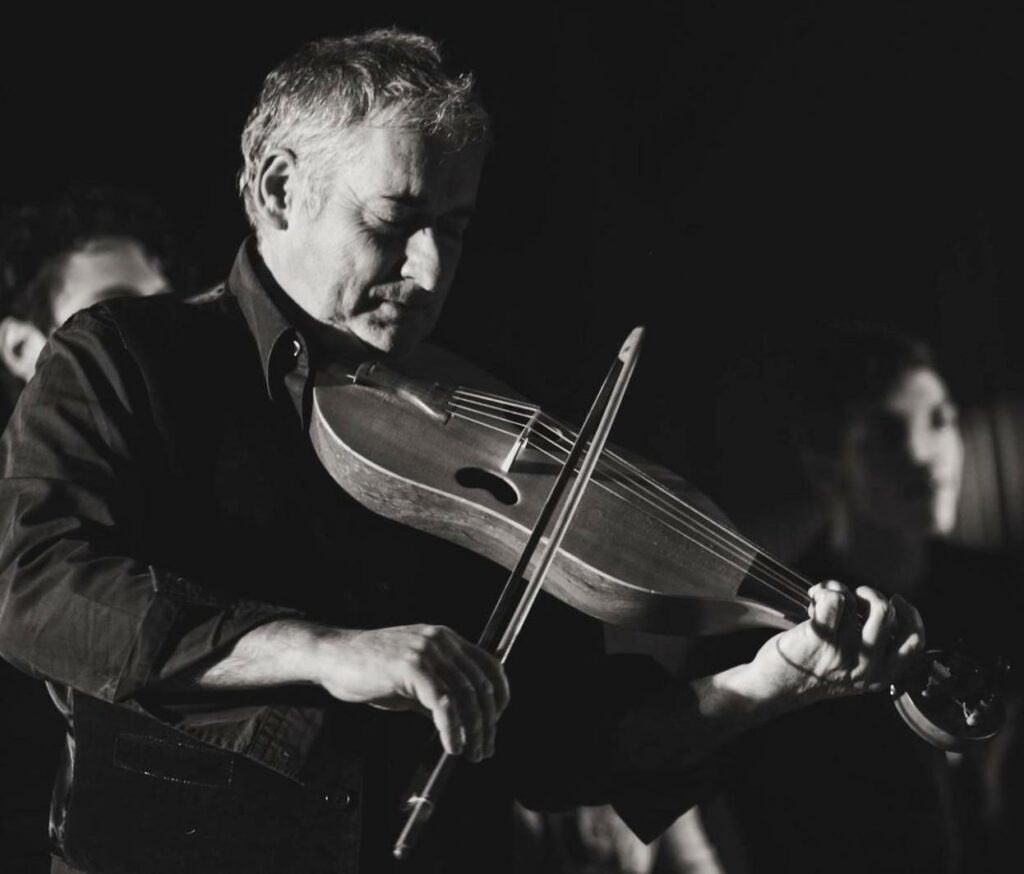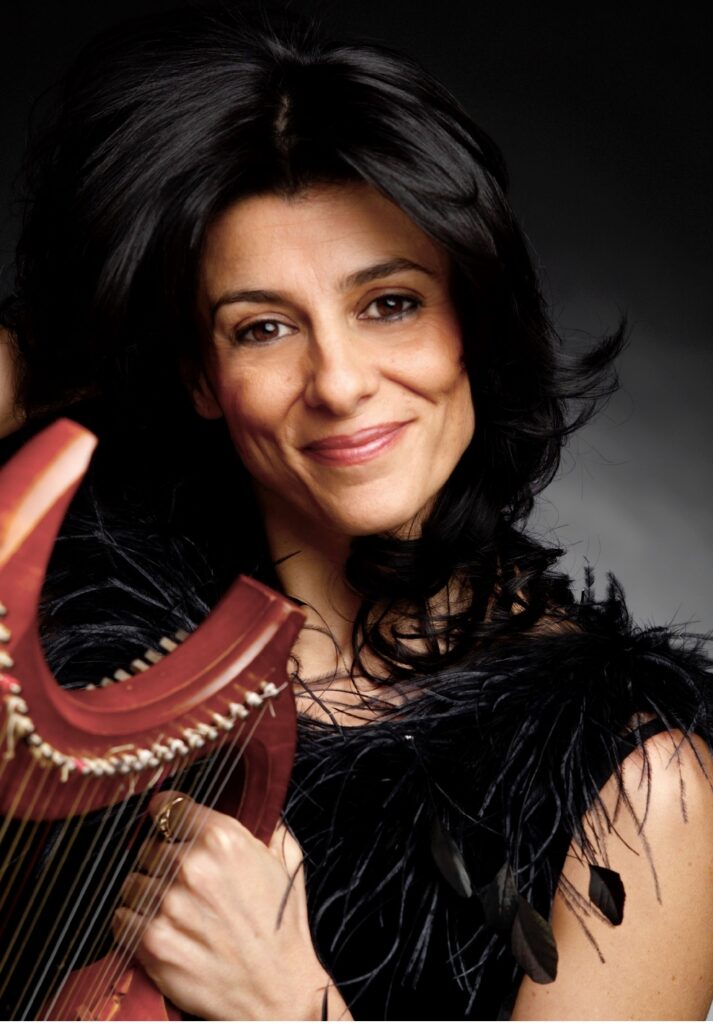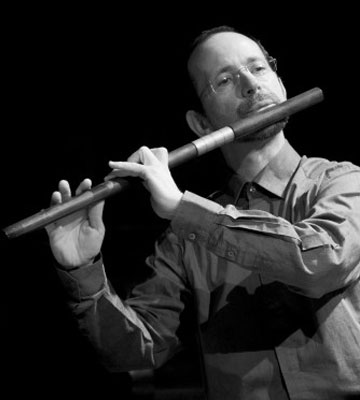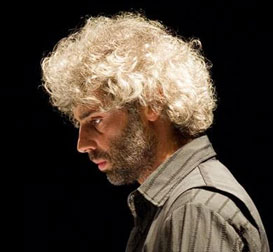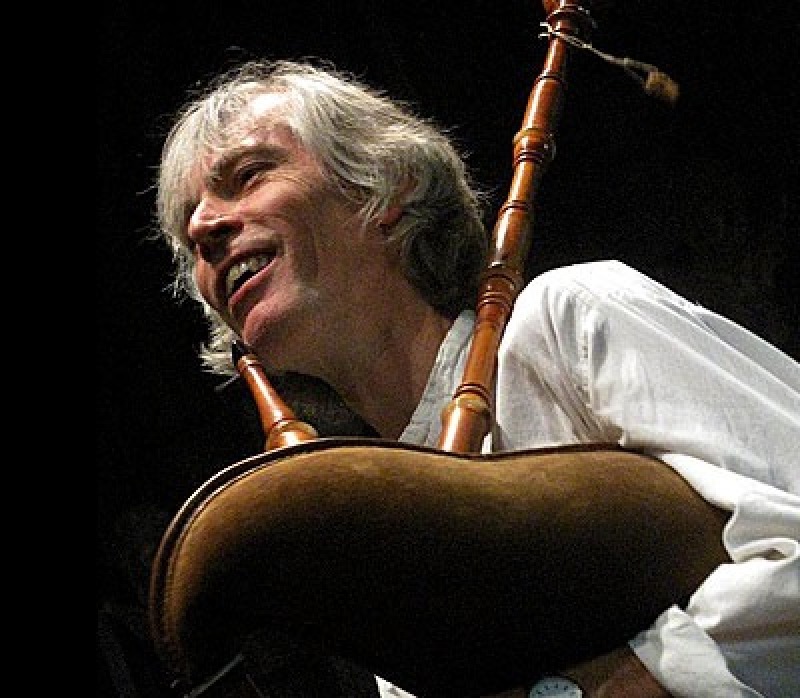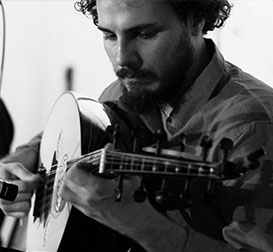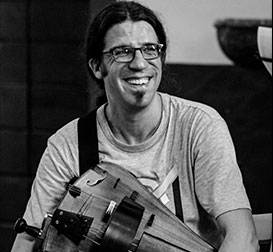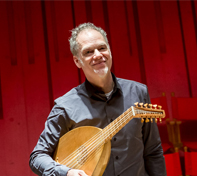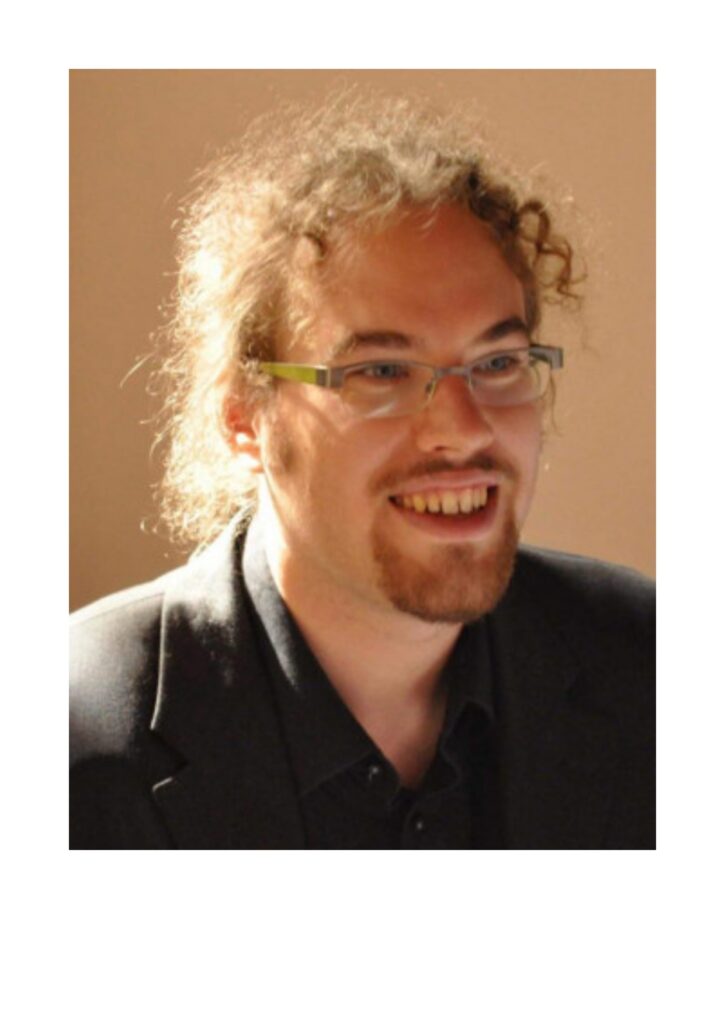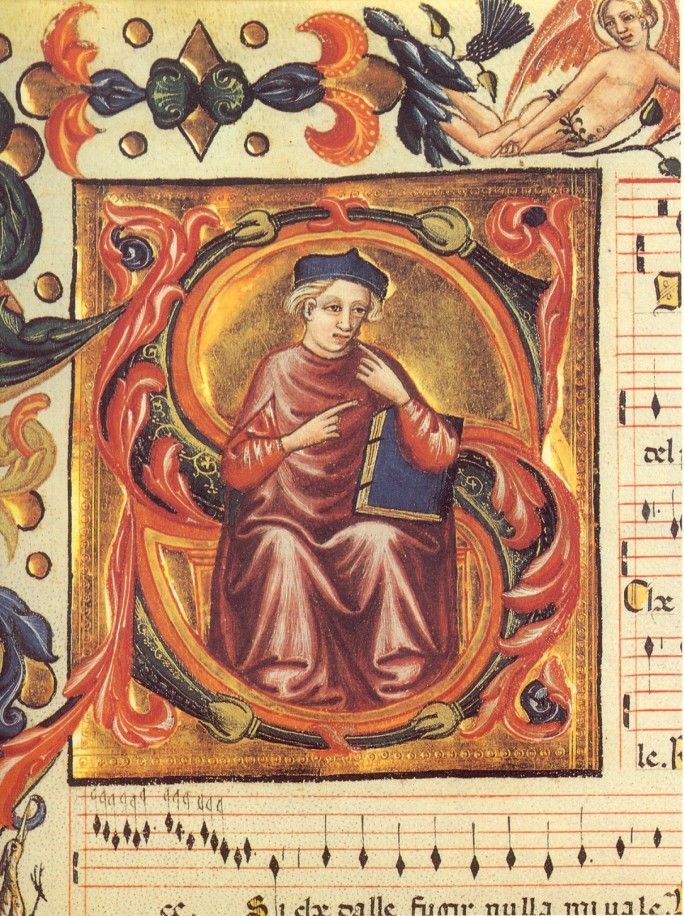
Ars Nova Revolution
The Ars Nova was for all intents and purposes a revolution that changed the face of musical culture in the late Middle Ages.
The access that we have to this ‘new art’ today is thanks to the fact that it was recorded on parchment using a system of notation given famously in the Ars Nova treatise of Philippe de Vitry [Paris, c.1320]. Leaving the 13th-c. Ars Antiqua behind, de Vitry presented two crucial innovations: note values of smaller duration than the semibreve, and the use of proportion, or cross-rhythms, in polyphony. He opened the door for the explosion of new notional possibilities in the 14th-c., followed by Machaut and his successors, while at the same time creating a theoretical platform for the transmission of new styles of secular and sacred polyphony. Yet it should also be noted that de Vitry’s treatise was written primarily “not in order to expand the theoretical frontiers of notation but in response to what is being performed.”
Not everyone was enthralled with the New Art, as some clerical listeners found it inconsistent with the purpose of Gregorian chant. In 1322 Pope John XII issued a bull “excommunicating” this innovative style:
“Some disciples of a new school committing all their attention to measuring time, try with new notes to express tunes invented only by them, at the expense of the ancient pitches which they replace with others composed of brevi and semibrevi and almost elusive notes. They interrupt melodies, make them effeminate by the use of discanto…. The multitude of their notes erases the simple and balanced reasoning by which in plain chant one note is distinguished from another. They run and never rest, they intoxicate the ears and do not cure the souls; they imitate with gestures what they play, so that the devotion that was sought is forgotten and the laxity that was to be avoided is shown.”
In the realm of secular song, rhythm fused with metrical texts originated a new style that exploited vernacular language and polyphony to sing about love. Coating poetic forms such as the ballad the madrigal the caccia with sound and rhythm gave them a new life.
These are the focus of the 14th International Course, the Ars Nova in Italy, featuring the works of Jacopo da Bologna, Lorenzo da Firenze, Niccolo da Perugia, Francesco Landini, and Andrea da Firenze.
